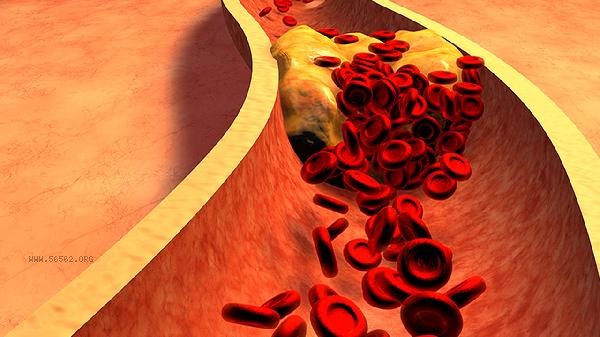Elevated levels of eosinophils can be improved by adjusting diet, avoiding exposure to allergens, medication treatment, regular check ups, and treating primary diseases. Elevated levels of eosinophils may be associated with allergic reactions, parasitic infections, chronic inflammation, hematological diseases, endocrine disorders, and other factors.

1. Adjust diet
Reduce the intake of high-fat and high sugar foods, increase the supplementation of fresh vegetables, fruits, and high-quality protein. Avoiding foods that may trigger allergies, such as seafood and nuts, and supplementing with citrus fruits rich in vitamin C and whole grains rich in dietary fiber, can help regulate immune function.
2. Avoid contact with allergens
Identify allergens through allergen testing, and avoid contact with common allergens such as pollen, dust mites, and animal hair in daily life. Maintain a clean living environment, regularly clean bedding, and use air purification equipment to reduce allergen concentrations in the air.
3. Medication therapy
Under the guidance of a doctor, antihistamines such as loratadine tablets and cetirizine tablets can be used to alleviate allergic symptoms, or glucocorticoids such as prednisone tablets can be used to control inflammatory reactions. For the increase in eosinophils caused by parasitic infections, deworming drugs such as albendazole tablets may be needed for treatment.

4. Regular review
It is recommended to review the blood routine every 1-3 months and dynamically observe the absolute and percentage changes of eosinophils. Before the examination, avoid factors such as intense exercise and emotional excitement that may affect the test results, to ensure the accuracy of the test so that doctors can evaluate the treatment effect.
5. Treatment of primary diseases
Treatment of underlying diseases that cause an increase in eosinophils, such as the use of methimazole tablets to control hyperthyroidism, and targeted drugs such as imatinib capsules may be needed to treat chronic myeloid leukemia. Further examinations such as bone marrow puncture and genetic testing are required to confirm the diagnosis. Patients with high levels of eosinophils should pay attention to maintaining a regular daily routine, avoiding staying up late and overexertion. Engage in appropriate aerobic exercise such as walking, swimming, etc. to enhance physical fitness, but avoid vigorous exercise. Maintain a positive mindset and reduce the impact of mental stress on the immune system. If discomfort symptoms such as skin itching and difficulty breathing occur, seek medical attention promptly and do not adjust the medication dosage on your own. Pay attention to observing changes in symptoms in daily life and record factors that may trigger discomfort for doctors' reference.









Comments (0)
Leave a Comment
No comments yet
Be the first to share your thoughts!